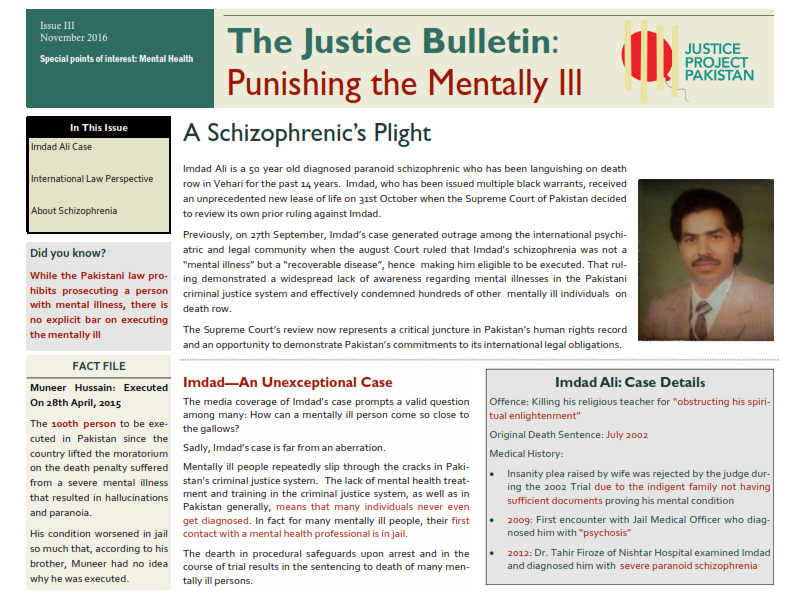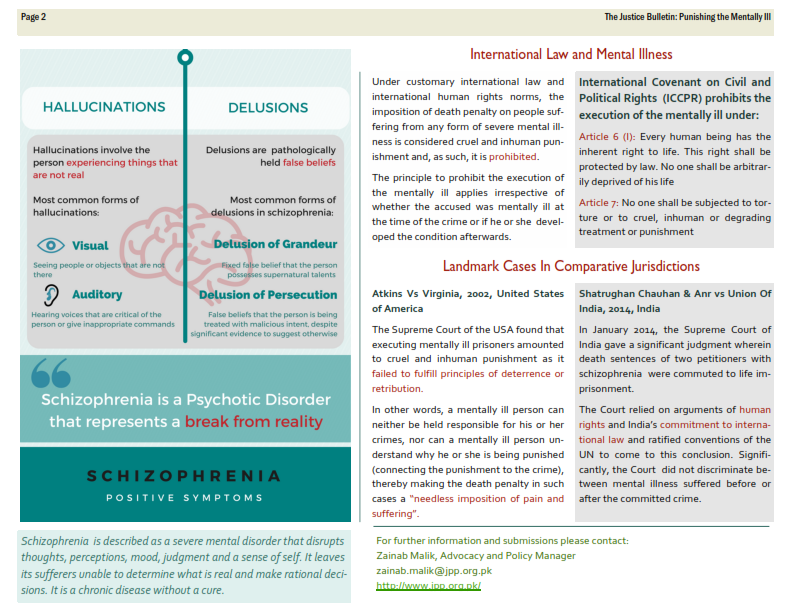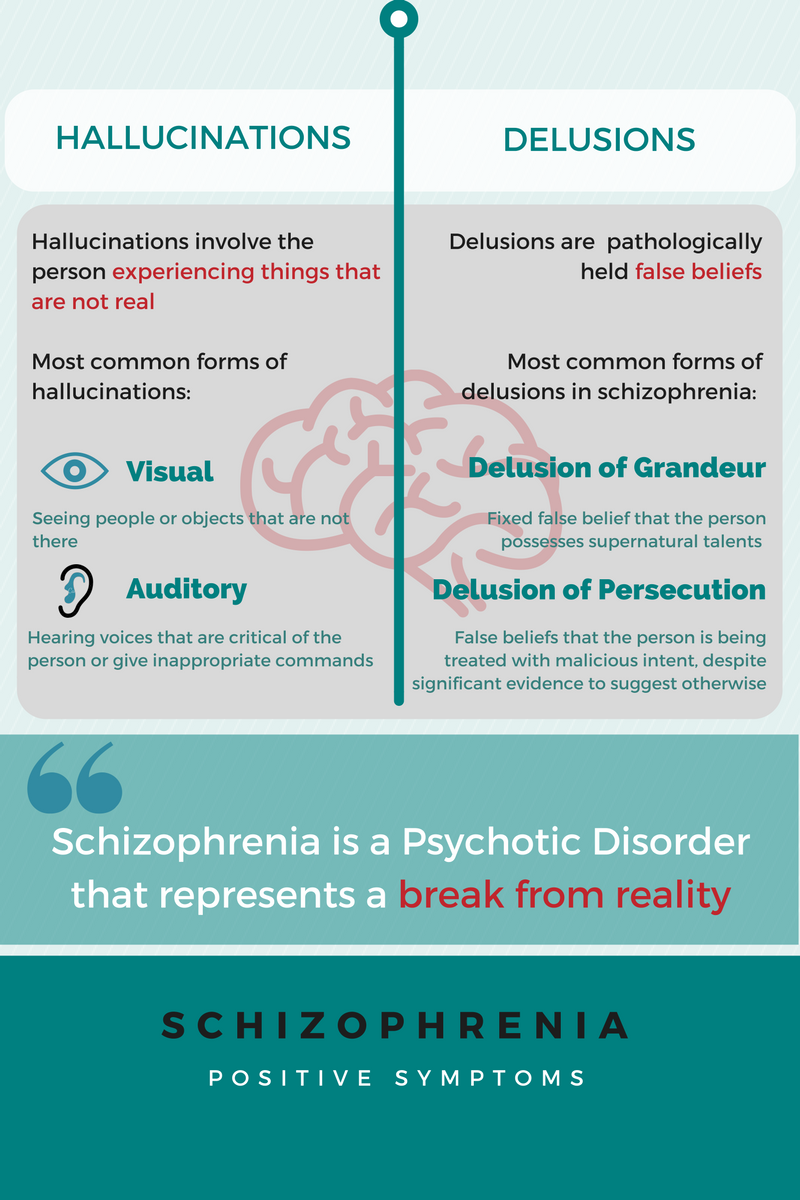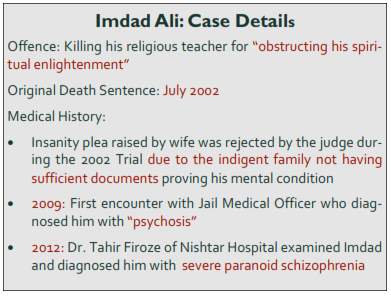The Principled Prohibition of Executing the Mentally Ill
Under customary international law and international human rights norms, the imposition of death penalty on people suffering from any form of severe mental illness is considered cruel and inhuman punishment and, as such, it is prohibited. The UN Commission on Human Rights has adopted several resolutions urging all states not to execute any person “suffering from any form of mental disorder.” Similarly, two fundamental articles of the International Covenant on Civil and Political Rights (ICCPR) have been interpreted to prohibit the punishment of the mentally ill:
Article 6 (I): Every human being has the inherent right to life. This right shall be protected by law. No one shall be arbitrarily deprived of his life
Article 7: No one shall be subjected to torture or to cruel, inhuman or degrading treatment or punishment
The UN Human Rights Committee – the monitoring body for the ICCPR – unequivocally stated in the cases of Sahadath v. Trinidad and Tobago (2002) and Francis v. Jamaica (1995) that the issuance of an execution warrant in the case of mentally ill prisoners violates Article 7 of the ICCPR. The UN Special Rapporteur on extrajudicial, summary or arbitrary executions has repeatedly criticised the practice of imposing the death penalty on mentally ill offenders.
The principle to prohibit the execution of the mentally ill applies irrespective of whether the accused was mentally ill at the time of the crime or if he or she developed the condition afterwards.
Precedent from Comparative Jurisdictions
Countries all over the world that still practice the death penalty limit it in the case of mentally ill prisoners.
The Supreme Court of India in the landmark judgment of Shatrughan Chauhan & Anr v. Union Of India (2014) unequivocally stated that death convicts suffering from schizophrenia cannot be hanged. This decision was also upheld by a decision of a 5 member bench in the case of Navneet Kaur v. State of Delhi (2014).
The Supreme Court of the United States of America has decided that the executions of mentally ill prisoners amount to “cruel, in human and degrading punishment” under the Eighth Amendment of the Constitution of the United States of America as they fail to meet either the retributive or the deterrent purposes of capital punishment. The Supreme Court has also emphasized that there is a greater threat of wrongful convictions in cases of persons with mental illness. Relevant cases include Ford v. Wainwright (1986) and Atkins v. Virginia (2002).
The Privy Council has ruled that mental disorders (such as schizophrenia) are mitigating factors in sentenced and has struck down death sentences for mentally ill prisoners. In Robinson v. The State (Trinidad and Tobago), the appellant, a 39-year old man diagnosed with schizophrenia, was convicted of murder and sentenced to death. Concluding that evidence of the appellant’s mental illness was not properly presented to the jury at the appellant’s trial, the Council quashed the death sentence as well as the murder conviction, and substituted a manslaughter verdict on the grounds of diminished responsibility.
In Franics v. Jamaica (1994), the HRC held that the incarceration on “death row” and execution of a prisoner whose mental health had “seriously deteriorated” amounted to a cruel, inhuman, and degrading treatment.
Pakistan and International Law
Pakistan is a dualist country with regards to its application of its international law obligations. This means that in order for Courts to rely directly upon international treaty obligations they must be given effect in domestic legislation. However, the Government of Pakistan has maintained consistently in UN human rights treaty body reviews that Pakistan’s domestic legislation adequately encompasses the breadth of its international human rights obligations. Additionally, authoritative precedent of the Supreme Court establishes in cases such as PLD 1958 SC 138 that domestic provisions of law must be interpreted so as not to be inconsistent with international legal obligations. As a result, a decision of the Honourable Court that conforms to Pakistan’s international obligations must honour the prohibition on the executions of mentally ill prisoners enshrined in international law.
To read the full issue, click here





